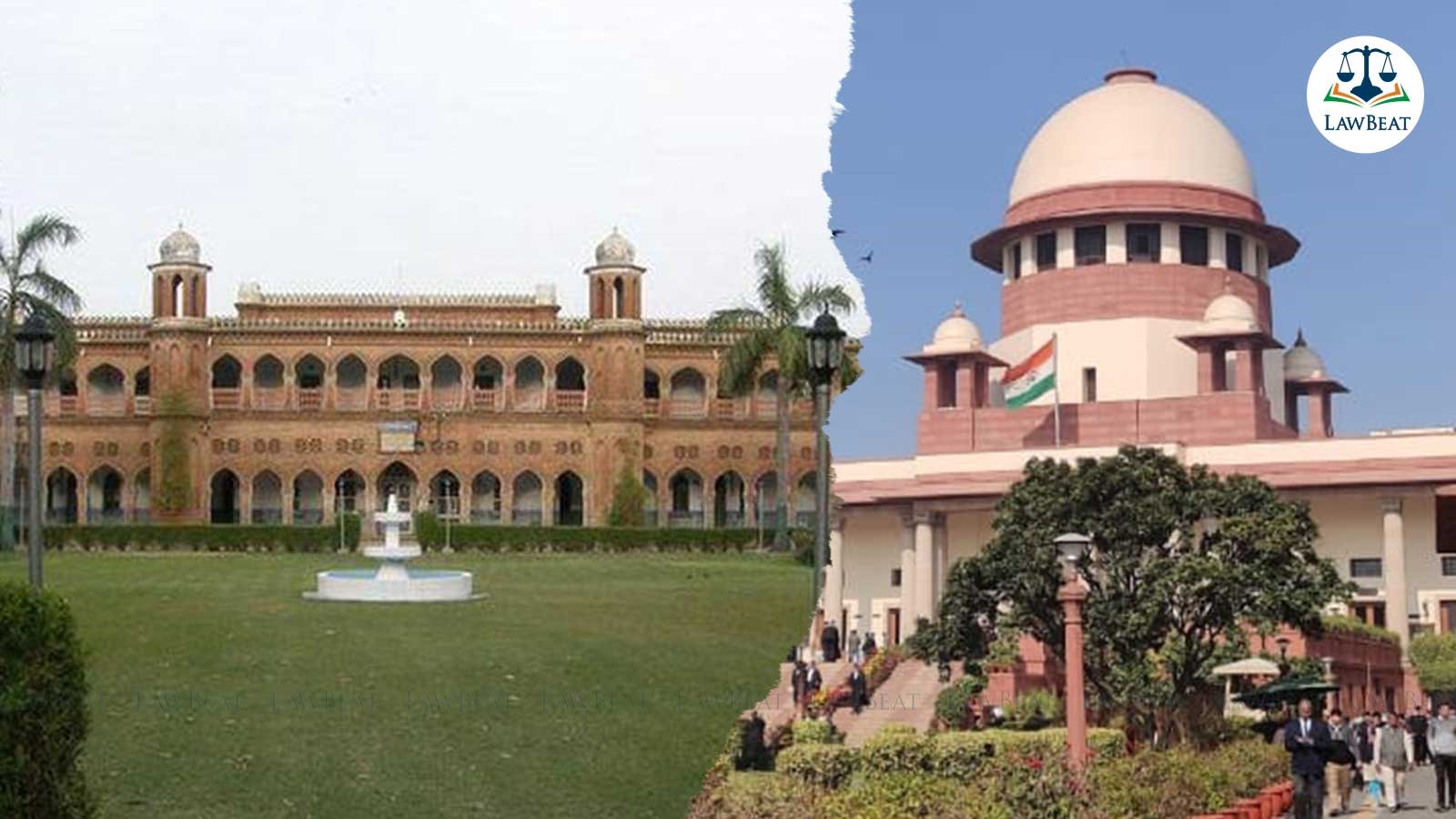Assumption that minorities require some ‘safe haven’ for attaining education wholly incorrect: Supreme Court

The top court's judge has added that the purpose of Article 30 is not to create ‘minority only’ ghettos rather provide positive rights to the minorities to establish educational institutions of their choice and kind
Justice Satish Chandra Sharma of the Supreme Court of India has said the assumption that minorities of the country require some ‘safe haven’ for attaining education and knowledge is incorrect.
"To assume that the minorities of the country require some ‘safe haven’ for attaining education and knowledge is wholly incorrect. The minorities of the country have not just joined the mainstream but comprise an important facet of the mainstream itself. The institutions of national character of the country always serve the interests of the minorities and are diverse centers of learning", Justice Sharma observed in his dissenting opinion in the AMU minority status judgment.
On the assertion that the AMU has, over the years, provided the minorities a haven to gain knowledge in the country, and declaration as a non-minority institution, would be highly detrimental to the same, the top court's judge has said the argument, apart from being constricted in approach, is evidently contradictory.
Justice Sharma has further said the crux of Article 30(1) lies in its mandate to ensure parity between non-minority [or ‘neutral’] institutions and minority institutions. "Its fundamental aim is to prevent any form of discrimination or preferential treatment to non minority communities, thereby advocating for equal treatment under the law for one and all. This provision underscores that no specific category or type of institution should be disadvantaged or unduly favoured over another within the legal framework...", he has added.
The assertion that ‘neutral’ institutions or non-minority institutions would in the natural course of things be ‘majoritarian’ or that Article 30 contemplates constitutionally protecting certain educational spaces from such ‘majoritarianism-by-default’ tendencies, has also been found to be wholly erroneous.
"The purpose of Article 30 is not to create ‘minority only’ ghettos rather provide positive rights to the minorities to establish educational institutions of their choice and kind. The minority community may conceptualize the idea of an institution and may advocate for the same, however, if during exchange or negotiation, the actual institution which was established had primacy of governmental efforts and control, then such institution cannot be held to be predominantly established by the efforts and actions of the minority community", the judgment adds.
Yesterday, the Supreme Court of India by a 4:3 majority overruled the judgment in S. Azeez Basha vs. Union Of India which held that an institution established by a statute cannot claim minority status.
Justices Surya Kant, Dipankar Datta and SC Sharma have dissented by way of separate opinions.
In 2005, AMU had reserved 50% seats in postgraduate medical courses for Muslim candidates by claiming it to be a minority institution. This came to be set aside by the Allahabad High Court. A year later, in 2006, the then UPA Union government and AMU challenged the High Court's decision before the Supreme Court.
Later, in 2016, the National Democratic Alliance government, withdrew from the appeal contending that it does not acknowledge the minority status of the University.
Case Title: Aligarh Muslim University Through its Registrar Faizan Mustafa vs. Naresh Agarwal and Ors.
